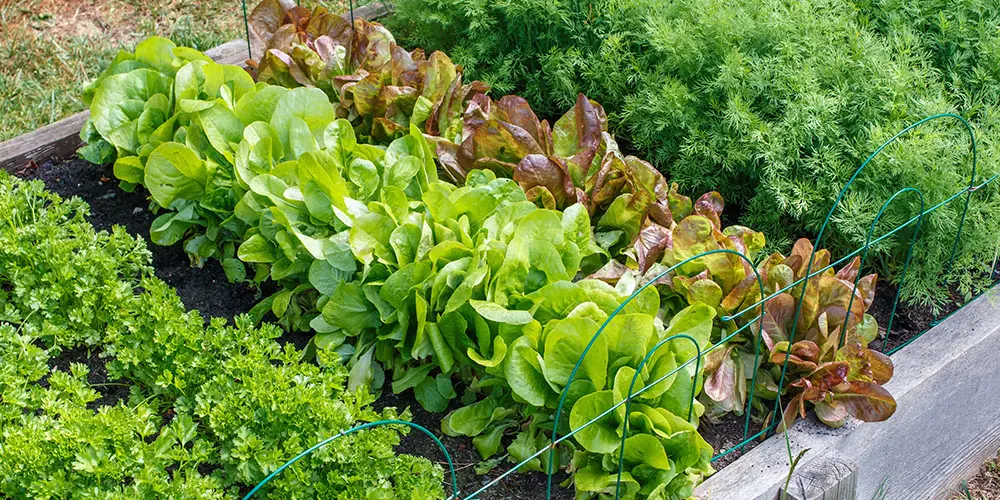
Wondering How to Get Rid of Grasshoppers this Year?
It seems like everywhere I go, I see grasshoppers. They jump into the air in droves as I walk along the paths in my neighborhood. They are camping out on my lemon balm bush. They are snacking on my basil and are taking over my lawn. As it turns out, I’m not the only one who has been asking if there are more this year. Colorado is experiencing an infestation of grasshoppers!
Why Is Colorado Experiencing a Grasshopper Infestation?
The current grasshopper infestation can be attributed to several environmental factors. Grasshoppers thrive in warm, dry conditions, which were prevalent in Colorado this year. A combination of mild winters and early springs has provided a favorable environment for grasshopper eggs to hatch and mature. Additionally, the lack of natural predators and reduced rainfall have further contributed to their rapid proliferation.
Another contributing factor is the natural cycle of grasshopper populations. These insects tend to experience population booms every few years, and this summer appears to be a peak year. The result is a widespread infestation affecting both urban and rural areas, with significant impacts on agriculture and home gardens.
Natural Ways to Get Rid of Grasshoppers (and other pests)
While chemical pesticides are an option, many homeowners prefer natural methods to manage grasshopper populations, especially in their gardens. Here are some effective and environmentally friendly ways to deter grasshoppers from your yard:
- Plant Grasshopper-Resistant Plants: Some plants are naturally unappealing to grasshoppers. Consider adding plants like cilantro, calendula, sage, and horehound to your garden. These can act as natural repellents and help keep grasshoppers at bay.
- Create a Barrier with Insect Netting: Insect netting can be an effective physical barrier to protect vulnerable plants from grasshoppers. Covering plants with fine mesh can prevent these insects from reaching and damaging them.
- Introduce Natural Predators: Encouraging natural predators like birds, spiders, and beneficial insects can help control grasshopper populations. For instance, birds such as sparrows and robins feed on grasshoppers. You can attract them by setting up bird feeders and bird baths in your yard.
- Use Natural Repellents: Homemade sprays and natural substances can effectively deter grasshoppers. Here are some options:
- Garlic Spray: Garlic spray is an organic option that not only repels grasshoppers but can also nourish your soil. To make it, blend a few garlic cloves with water, strain the mixture, and spray it on your plants. The strong odor of garlic is unpleasant to grasshoppers, encouraging them to find food elsewhere.
- Neem Oil: Neem oil is a natural insecticide that can be effective against grasshoppers. Mix three teaspoons of neem oil with half a teaspoon of dish soap and two quarts of warm water. The dish soap helps the oil adhere to the leaves, where it can deter grasshoppers and other pests. Spray this mixture on affected plants, making sure to cover both the tops and undersides of the leaves.
- Diatomaceous Earth: Diatomaceous earth is a natural powder made from fossilized algae. When sprinkled on plants that grasshoppers like, it acts as a mechanical insecticide. The sharp edges of the diatomaceous earth particles cut through the exoskeletons of grasshoppers and other crawling insects, leading to dehydration and death. It’s a safe option for humans and pets but should be applied in dry conditions, as it loses effectiveness when wet.
- Trapping: A simple and non-toxic method to reduce small grasshopper populations is to use traps. Fill a small dish or can with a mixture of 10 parts water and 1 part molasses. The sweet smell attracts grasshoppers, which then get stuck in the sticky solution. This method can quickly help remove a number of grasshoppers from your garden.
- Vinegar: Vinegar, particularly distilled white vinegar or apple cider vinegar, can be used to repel grasshoppers. Place a container filled with a mixture of vinegar and water in open areas of your yard or garden. The acidic smell is unappealing to grasshoppers and can deter them from entering the area. This method is also safe and environmentally friendly.
- Maintain a Healthy Garden: A well-maintained garden is less attractive to pests. Regularly remove weeds and dead plants, as they can harbor grasshopper eggs. Also, consider mulching your garden beds to retain moisture and deter these insects.
- Hand-Picking: Although labor-intensive, hand-picking grasshoppers from plants can be an effective method for small infestations. Be sure to dispose of them far away from your garden to prevent their return.
I was told that patience and persistence are key in getting rid of all these grasshoppers, and with time, their numbers will naturally decline but I’m not so sure I have the patience to wait and see. I’m going to do all I can do to make sure these house guests do not return next year!
